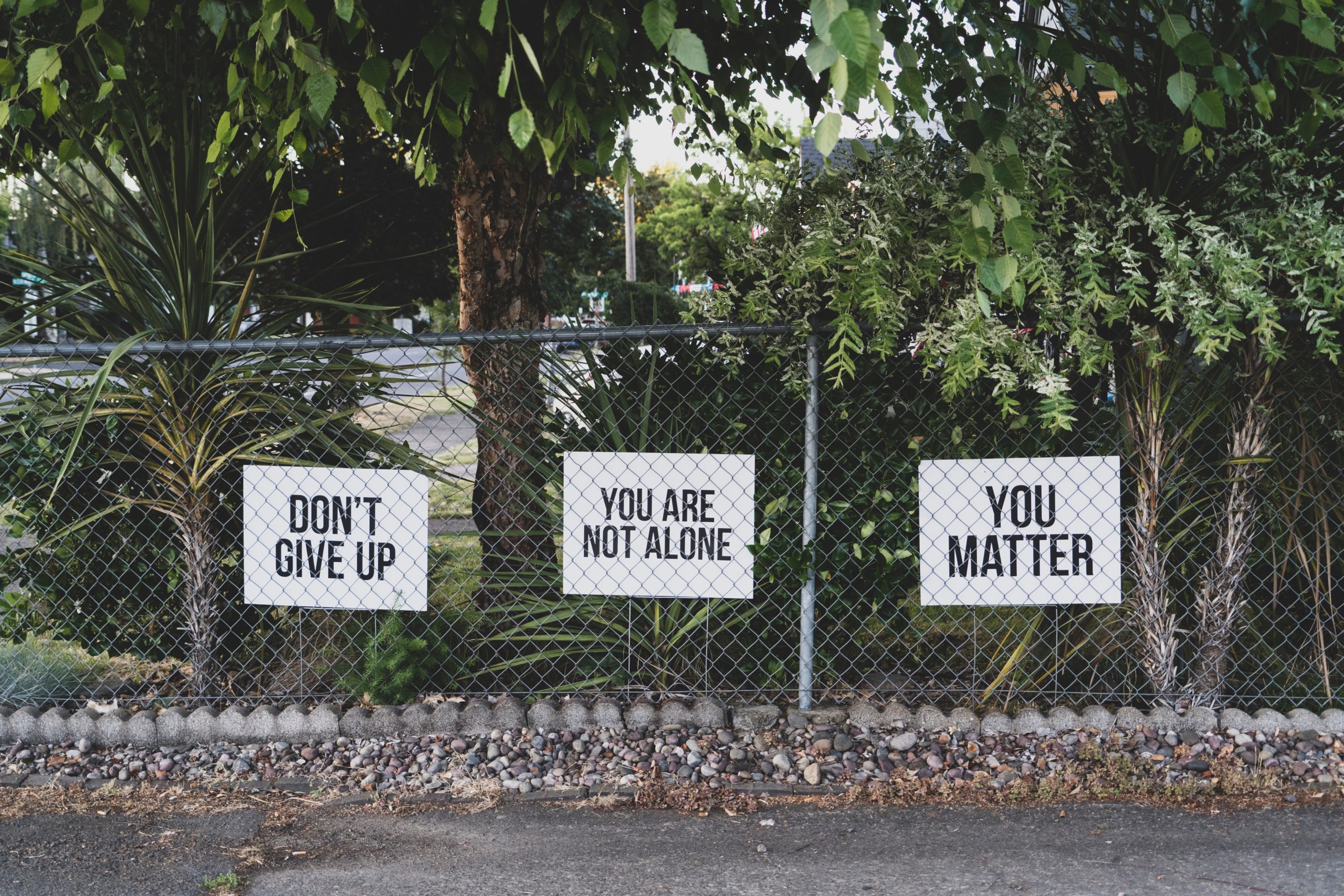#NotAlone – Together for mental health

The severity and longevity of the COVID-19 pandemic have created a public discourse on several topics previously under-reported. These include the pandemic’s disproportionate impact on communities of color due to pre-existing systemic and societal inequities, the concerning state of our education system and its cumbersome transition to remote learning, and, for this article, the mental health crisis that affects one in four people worldwide at some point in their lives.
May is National Mental Health Awareness month. Throughout the month, many organizations, the Center for Disaster Philanthropy included, will work to raise awareness of the importance of mental health, its effect on millions of people’s daily lives and exacerbated by disasters, and fight stigmas. We will draw attention to the necessity of funding mental health programming, as we do, especially as part of disaster recovery activities.
Mental health in the humanitarian aid sector
Individuals affected by disasters, especially those already marginalized and underserved by systemic inequities, are not the only ones whose mental health is affected by crises. Share on XThroughout my career as an international humanitarian aid worker, I was aware of the mental health toll inherent to the nature of the work. The reality of working alongside devastated communities, knowing that what you offer is never enough, often bearing witness to the worst that humanity has on offer. All within a work culture that rewards self-sacrifice and perseverance.
While there are promising signs that organizations are more attentive to the needs of those who seek to serve others, mental health programs remain severely underfunded, with two-thirds of people with mental health conditions not able to access the care they need.
The cost of mental health on an individual and family’s economic and physical well-being is well-documented. The pandemic has furthered our awareness, with loud alarm bells sounding for children’s health.
It is not yet known the full extent to which the loneliness, isolation and elevated anxieties during the long months of the pandemic strained mental health worldwide. There have also been delays in diagnosis and treatment as families struggle to find the assistance they require, with insurance providers often refusing costs, despite the linkages between mental health illness and cardiovascular and metabolic comorbidities.
A reflection of the larger society
In the past, I often felt that the aid sector’s stoic approach to mental health was reflective of the industry itself. However, with age and experience, I now believe the aid sector merely replicates cultural norms. Norms that confuse strength with independence and admire as resilience an individual’s ability to keep going in the face of growing and disparate challenges.
These norms stigmatize and place unreasonable expectations on those facing mental health challenges. They also have an indirect cost on the families and friends of children and adults experiencing mental illness, for the support networks that should be in place for them are often also lacking.
As a global community, we have a long way to go toward recognizing that mental health is a fundamental part of a person’s overall health and well-being. As individuals, we each have a personal responsibility to understand the complexities of mental health disorders, including their causes and solutions.
To this end:
- We must push against the taboo of mental health, pull it out of forced hiding and embrace its importance for overall health and well-being. Share on X
- We must accept that people experiencing the same event – a disaster, an upbringing, a traumatic situation – will all be affected differently and may require a range of support options.
- We must safeguard against the perception that those who appear resilient need no support. Societal norms have too long equated mental health challenges with weakness and thus diminished the willingness of many to seek the help they need.
Through these actions, we can combat our biases and create new positive and supportive norms. Together.
All in all, it feels that one month of awareness is not nearly enough.
If you or someone you know is in crisis, please call 911, go to the nearest emergency room or call the National Alliance on Mental Illness helpline at 800-950-NAMI.

